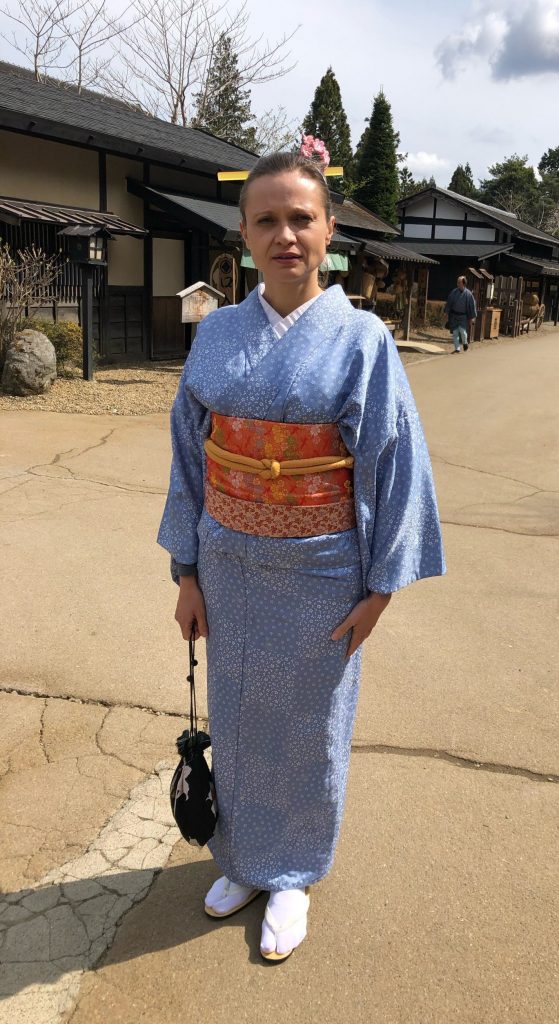Cultural differences - best teachers of empathy.
My West meets East discoveries.
I’ve spent 9 years in Asia, mostly in Indonesia and Japan. I led local teams and I was part of management teams over there. Move to Asia was a culture shock, yes inevitable it will come. There are my own discoveries:
1/ Asia is more about harmony and progressing together.
Many of you might know about famous Japanese “Wa” (harmony) concept but I discovered that firstly in Indonesia. Progress makes sense only if we move forward together. It is all about inclusion and respect to each other. Society or family happiness before individual.
As you imagine that has incredible implications to the way you work there, motivate people or advertise. People do not like to stand out as individual and each step is confronted with the others to seek they approval or to check if that step does not take the individual too far from the group. Also in that context you might read about people saying „yes” to the boss all the time. Yes, I got it but you can experience confrontation if you want.
It will happen only behind the close door and only if they trust you and when they know disagreement will not have negative consequences for them or it is taken by you in a cool way. Finally it has a tremendous consequence for the way you set targets. People will be much more motivated by the group objectives than the individual.
2/ Emotions in Asia play bigger role in business than in the Western world.
When you step out of the airplane in Indonesia you immediately feel cheerful, outspoken and vibrant society. Showing them your heart is the key way to success and I mean it. You need to let them know you as a human being – your family, religion, your house. Best is to cross the line between private and business, which in Europe we hardly ever do. They really need to like you to follow you.
In Japan it feels opposite at the first glimpse. People are rather withdrawn, calm and quiet. But careful, Japanese are highly emotional and sensitive. They are prepared to loose money if they feel offended by you. And that includes high corporate level relationships. It is not a practice to introduce to them your family and invite home, but famous “numikai” – drinking together after work is the only way to create emotional bond that will pay back at work and help you doing business.
3/ In Asia what you see might not be what you will get.
You talk, you think you did the great job to convince all, things will rock from now on (Jakarta: people visibly cheering, Tokyo: people quietly accepting). Weeks or months past by and nothing happens. Projects do not move, things are as they were. What happened?
Well, in both markets I had to learn my lessons over and over again and not because people were dishonest. Firstly be sure folks are truly aligned with you. In Japan I realized body language, eye contact plays a huge role. By nature Japanese are not risk takers, so game-changing ideas will never be aligned quickly. It is a lengthy process.
Indonesian are sometimes overoptimistic and after initial enthusiastic yes they discover it is actually not easy, but nobody dares to tell you so.
I found it easier in Indonesia to get out from that uncomfortable situation. I just had to closely guide people to help them move forward. In Japan it is much more complex process to make everybody aligned. Takes time, meetings and tones of arguments why not, why yes, so all
possible risks are outlined.
In all situations, when you collide with a reality other than expected, the most important thing in Asia is to keep a cool head and visible composure. Any signs of anger show that we are weak, because it means that we cannot control ourselves. Besides, people will start to fear us, get stuck and we don’t achieve anything anymore. In Indonesia people might quit their jobs. In Japan, they will stop doing anything, wait patiently and watch what happens next.
It is also always necessary to remember that as foreigners we are subject to a different perception of the group and it is necessary to build trust, keeping deep empathy and respect for our cultural differences.
We are all great human beings, just different!
With love,
Joanna


